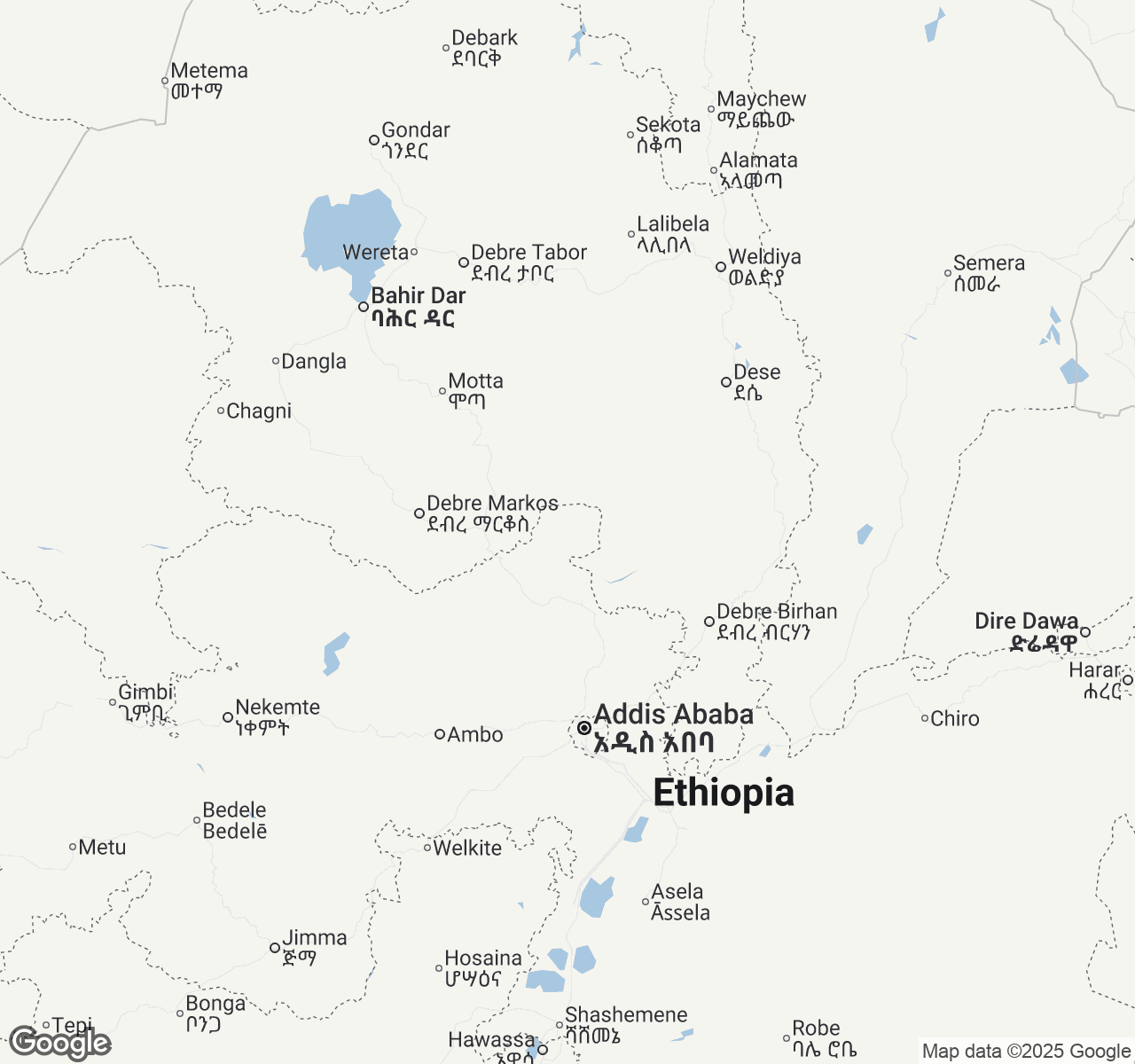
Things to Do in Ethiopia
Discover the best of Ethiopia
Plan Your Trip
Essential guides for timing and budgeting
Top Things to Do in Ethiopia
Discover the best activities and experiences. Book now with our trusted partners and enjoy hassle-free adventures.
Your Guide to Ethiopia
About Ethiopia
Where the cradle of humanity meets the roof of Africa, Ethiopia unfolds like a living tapestry woven from thirteen months of sunshine and countless centuries of unbroken heritage. Here, in this land that never bowed to colonial rule, ancient rhythms pulse through highland plateaus and the Danakil Depression's alien landscapes. Orthodox churches carved from solid rock whisper prayers that have echoed for over a millennium, while the aroma of freshly roasted coffee beans—born in these very highlands—mingles with frankincense in bustling markets. Time moves differently here, measured not just in hours but in the gentle cadence of traditional life, where Ge'ez script tells stories older than Rome and the call to prayer harmonizes with the lowing of cattle returning home at dusk. This is Ethiopia—a country that doesn't merely exist on maps but lives in the soul, where every sunrise over the Simien Mountains feels like the world's first dawn.
Travel Tips
Transportation: Ethiopian Airlines offers excellent domestic connections between major cities. For ground travel, hire reputable tour operators with 4WD vehicles for remote areas like the Danakil Depression. Avoid local buses for long distances—opt for private transport or domestic flights to maximize time and safety.
Money: Carry USD cash for best exchange rates; euros work too but at lower rates. Exchange money only at banks, hotels, or authorized dealers. ATMs exist in Addis Ababa and major cities but are unreliable elsewhere. Budget $50-100 daily for mid-range travel including meals, transport, and accommodation.
Cultural Respect: Remove shoes when entering Orthodox churches and homes. Dress modestly, especially women covering shoulders and knees. Never photograph people without permission—many expect small payment. During Ramadan, eat and drink discretely in public. Learn basic Amharic greetings; 'Selam' (hello) opens doors everywhere.
Food Safety: Stick to thoroughly cooked meals and bottled water. Avoid raw vegetables, ice, and dairy from street vendors. Ethiopian injera bread and wat stews are generally safe at established restaurants. Try local honey wine (tej) and coffee ceremonies, but start slowly to adjust your stomach to spicy berbere seasoning.
When to Visit
Ethiopia's dry season (October-May) offers the best travel conditions, with October-January being optimal. Temperatures range from 15-25°C (59-77°F) in highlands and 25-35°C (77-95°F) in lower regions. Rainfall is minimal, roads are accessible, and wildlife viewing is excellent. This peak season sees prices increase 30-50% for accommodations and tours. The wet season (June-September) brings heavy rains, cooler temperatures (10-20°C/50-68°F in highlands), and potential road closures, but also dramatic landscapes, fewer crowds, and discounts up to 40%. December-January is perfect for the Danakil Depression when temperatures drop to merely scorching rather than unbearable. Festival enthusiasts should visit during Timkat (Ethiopian Orthodox Epiphany, January 19-20) or Meskel (Finding of the True Cross, September 27). Shoulder seasons (February-March and May) offer moderate weather, reasonable prices, and good conditions for trekking in the Simien Mountains. Birdwatchers should visit October-March when migratory species arrive. Adventure travelers can handle wet season challenges for authentic experiences and significant savings, while comfort-seekers should stick to October-February for optimal weather and accessibility.

Ethiopia location map